Understanding the Conversion of THCa to THC
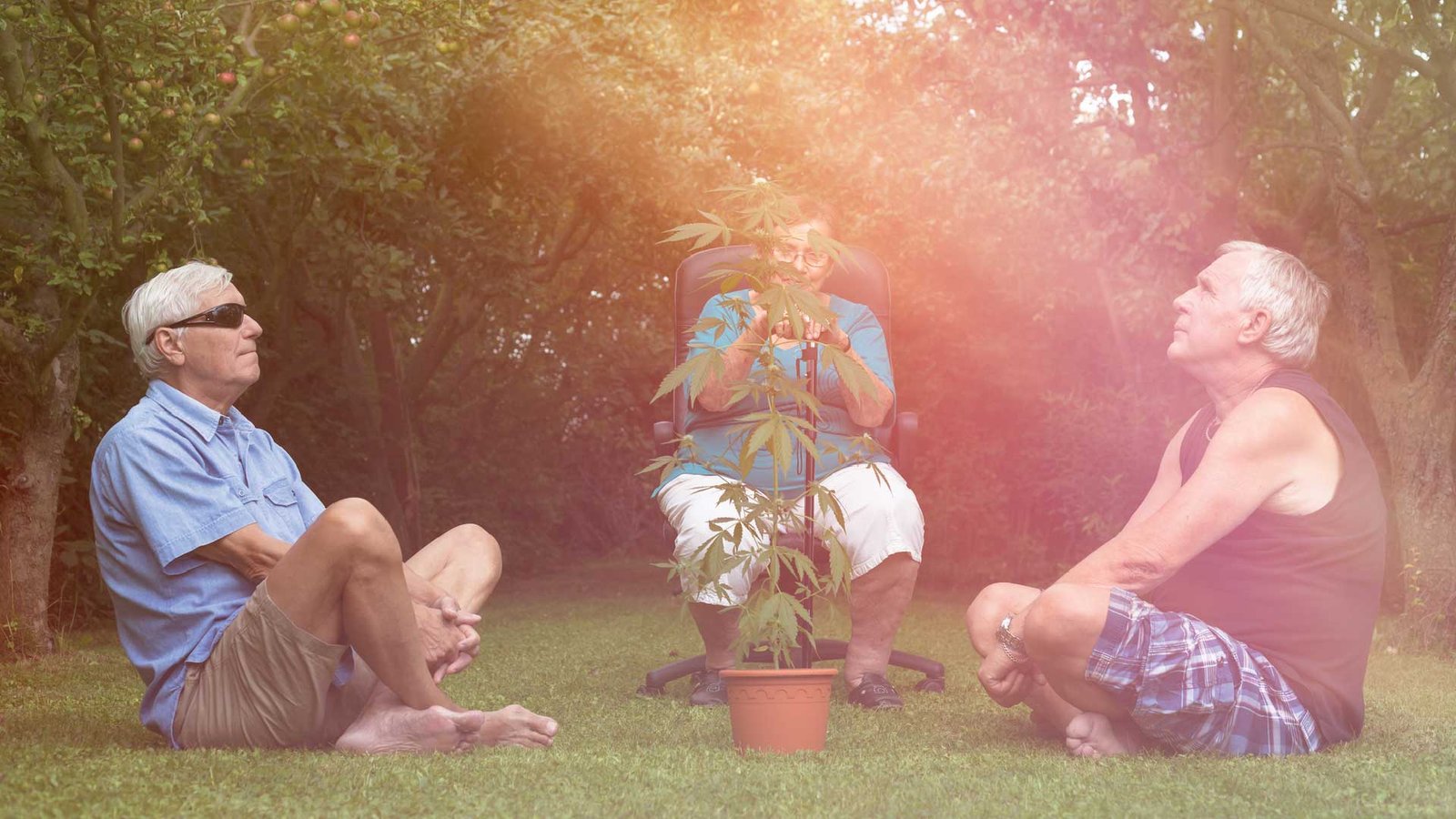
Introduction
Cannabis enthusiasts and newcomers alike often hear about THCa and THC, but understanding the relationship between these two compounds can be a bit complex. In this article, we’ll delve into how THCa converts to THC, the science behind the process, and why it matters.
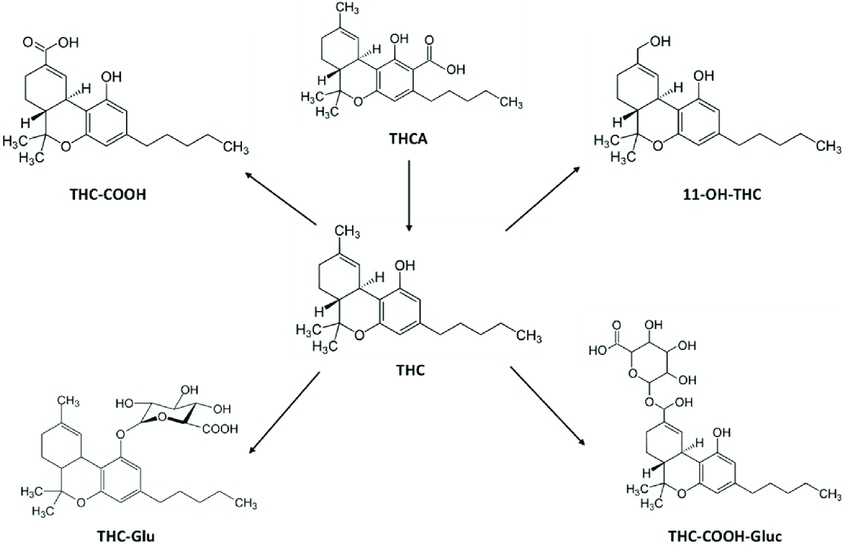
What is THCa?
THCa, or tetrahydrocannabinolic acid, is a non-psychoactive cannabinoid found in raw and live cannabis plants. It’s the precursor to THC, the compound responsible for the psychoactive effects associated with cannabis.
The Science Behind the Conversion
The conversion of THCa to THC is a chemical reaction known as decarboxylation. This process involves the removal of a carboxyl group (COOH) from THCa, which occurs through the application of heat. Decarboxylation can happen naturally over time, but it is most efficiently achieved through smoking, vaping, or cooking.
Decarboxylation Process:
Heating: When cannabis is heated to temperatures above 220°F (104°C), THCa begins to convert to THC. This is why smoking or vaping cannabis provides immediate psychoactive effects.
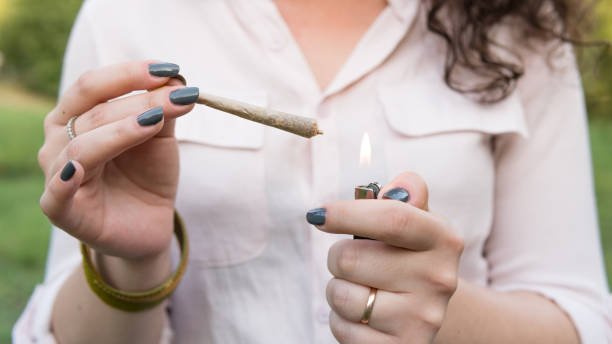
Time and Temperature: The rate of decarboxylation depends on both time and temperature. For instance, heating cannabis at a lower temperature for a longer period can also convert THCa to THC, which is a method often used in cooking edibles.
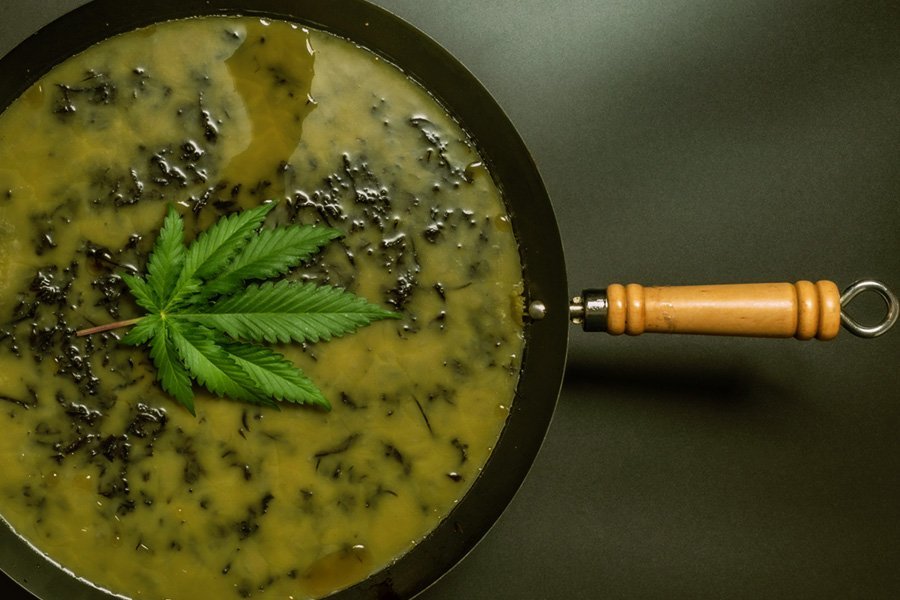
Why THCa Conversion Matters
Understanding the conversion process is crucial for consumers who want to achieve specific effects from their cannabis use. Here are a few reasons why it matters:
Psychoactive Effects: Since THCa is non-psychoactive, consuming raw cannabis won’t produce the “high” associated with THC. Therefore, those seeking psychoactive effects need to ensure proper decarboxylation.
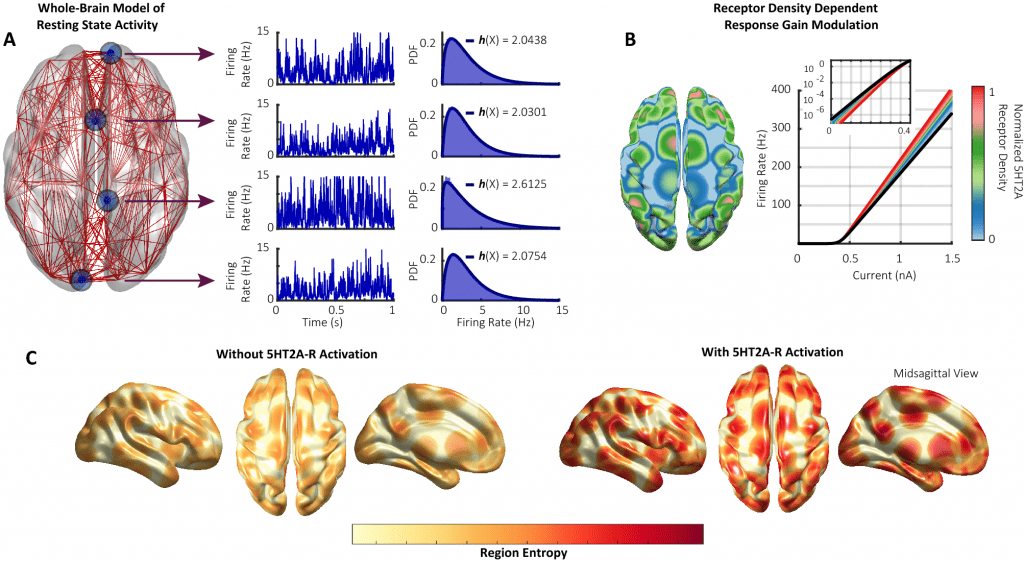
Therapeutic Benefits: Some consumers prefer the benefits of THCa, which has shown potential anti-inflammatory and neuroprotective properties without the psychoactive effects of THC.
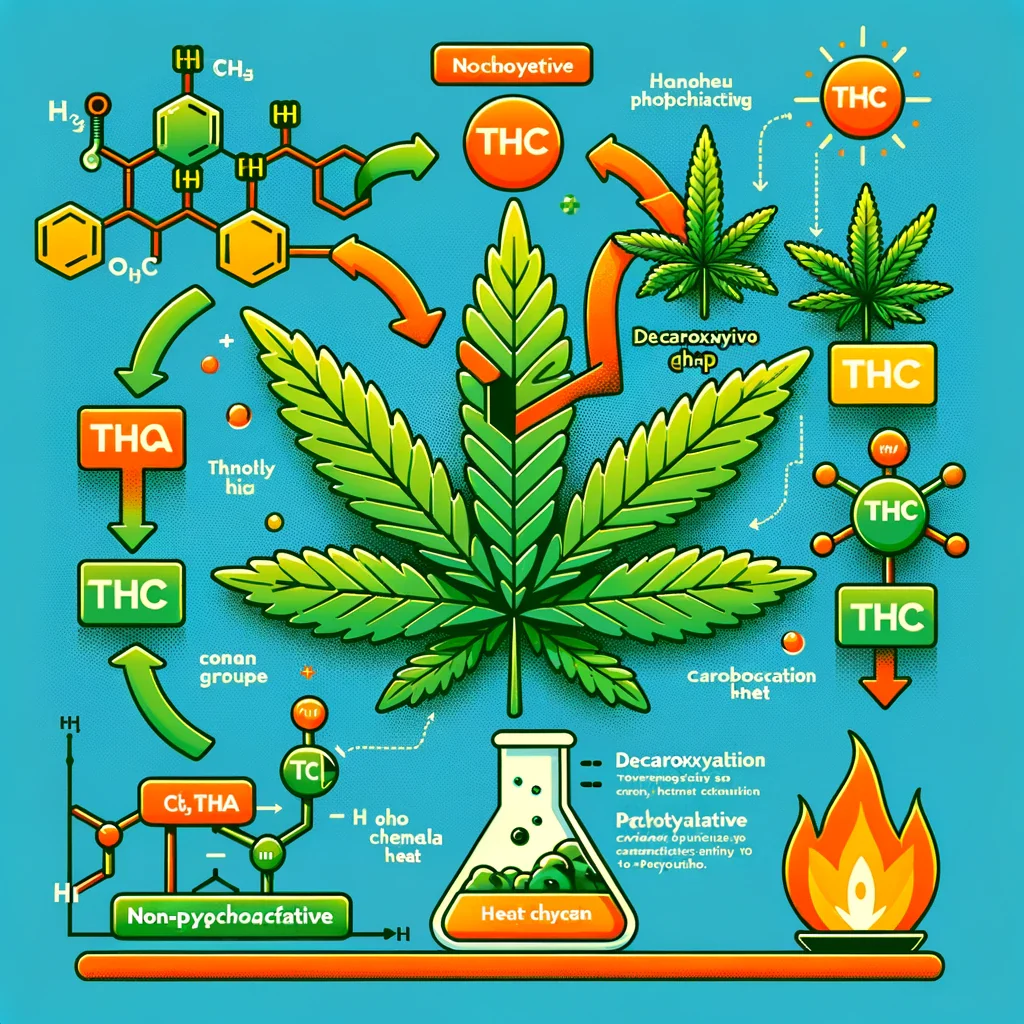
Practical Applications
For those looking to maximize the THC content in their cannabis, here are some practical tips:
Proper Storage: Keep your cannabis in an airtight container away from light and heat to prevent premature decarboxylation.

Cooking and Baking: When making edibles, ensure you decarboxylate your cannabis in an oven at around 220°F (104°C) for 30-45 minutes before infusing it into oils or butter.
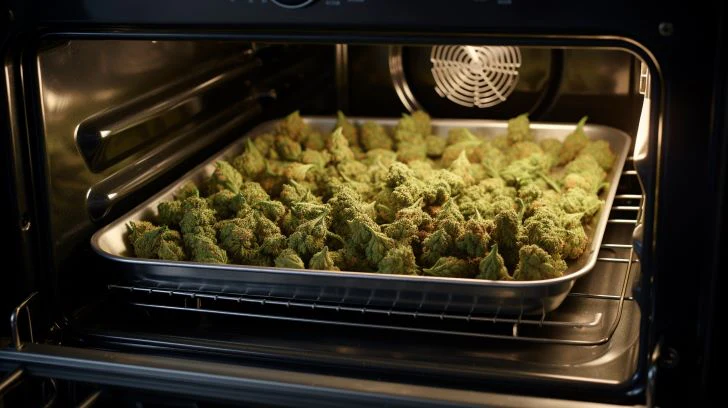
Conclusion
The conversion of THCa to THC is a fascinating and essential process for anyone interested in cannabis. Whether you’re looking to experience the psychoactive effects or benefit from the therapeutic properties of THCa, understanding decarboxylation is key. By applying heat through smoking, vaping, or cooking, you can transform THCa into THC and tailor your cannabis experience to your needs.
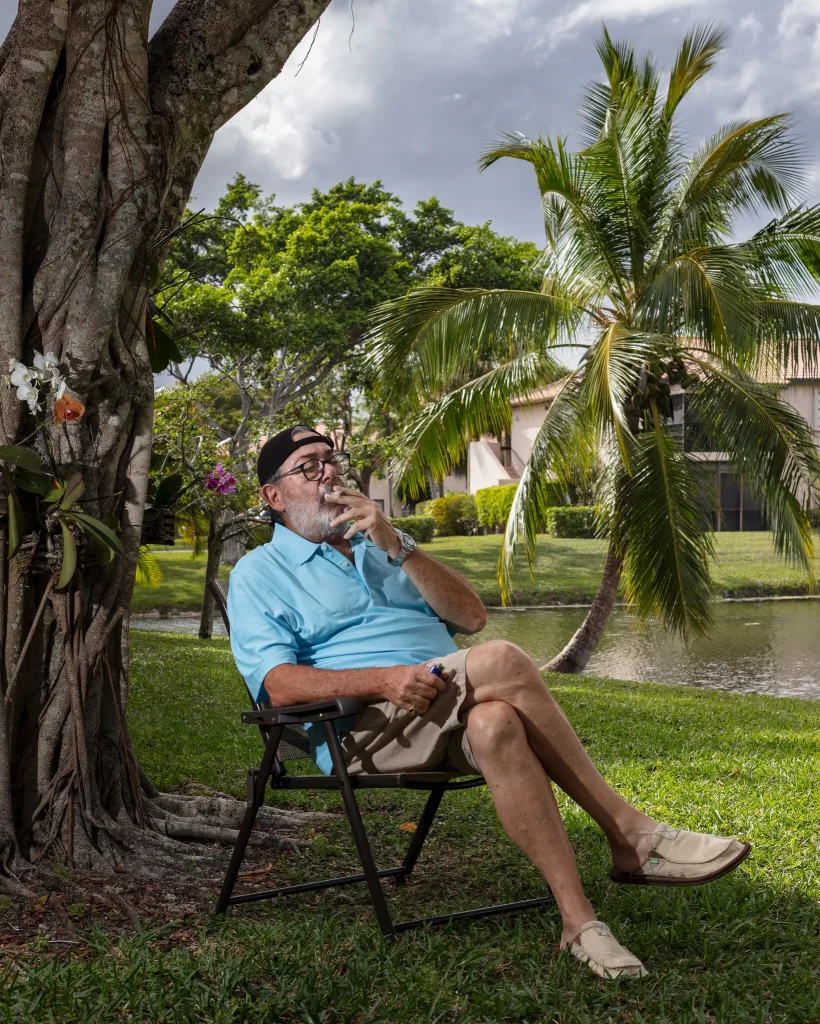
You can add actual photos related to each section as per your resources and preferences. This will enhance the visual appeal and provide a clearer understanding for the readers.
